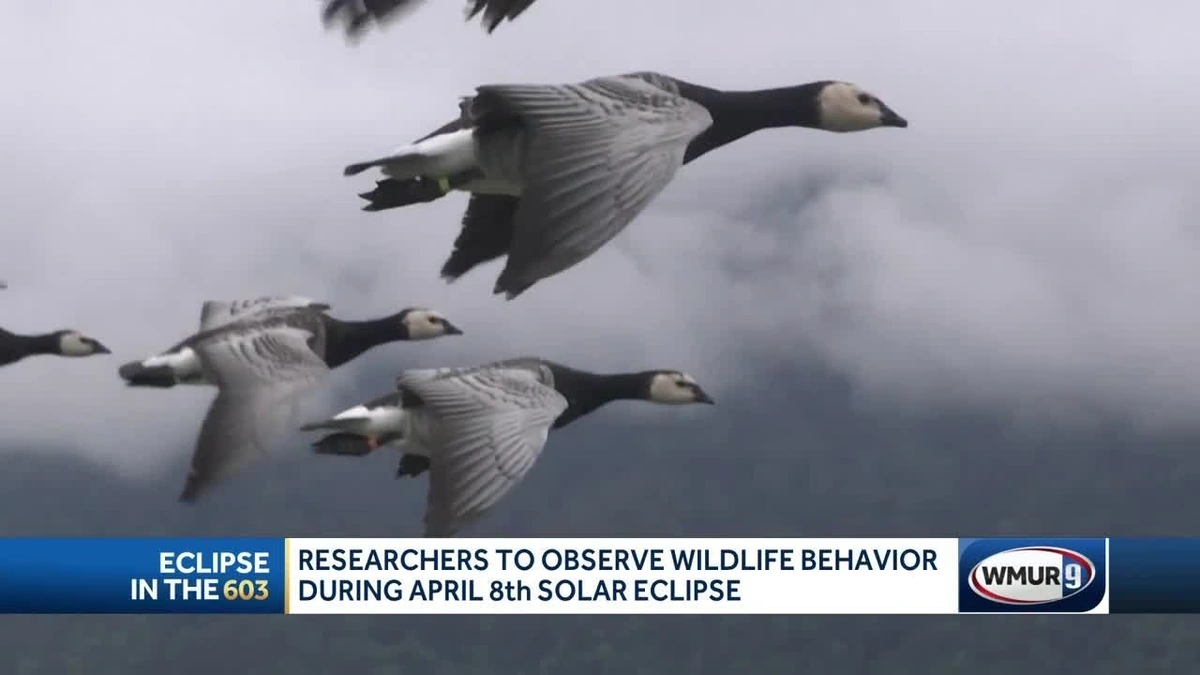So, the Great American Eclipse of 2024 has come and gone, leaving behind some pretty cool stories. Sure, we all saw the photos of the sun disappearing and folks wearing those funky glasses. But what I find truly fascinating – and what you might have missed – is how our feathered friends reacted to the sudden darkness. It’s not just a simple case of birds going to sleep; it’s a whole symphony of confusion and adaptation. Solar eclipse bird behavior is more complex than you think!
The Twilight Zone Effect | Why Birds Get Confused

Here’s the thing: birds operate on a pretty strict schedule dictated by sunlight. Sunrise tells them it’s time to sing, hunt, and generally be active. Sunset signals bedtime. During a total solar eclipse , the sudden onset of darkness throws this entire system into disarray. Imagine someone suddenly turning off the lights in your office at noon – you’d be disoriented, right? That’s precisely what happens to birds. But, the degree to which their behavior changes can depend on the time of year, or the species of bird in question. Some might barely notice the sudden darkness.
And, the response isn’t uniform. Some birds, like robins and swallows, might start their evening roosting behavior, seeking shelter and settling down for the night. Others, particularly nocturnal species, might perk up, thinking it’s time to start their day. This chaotic mix of behaviors creates a unique and temporary disruption in the natural world.
Observed Bird Reactions | A Real-Time Report
During the 2017 eclipse, and again in 2024, citizen scientists and ornithologists (bird experts) carefully documented these avian reactions. The reports are pretty wild. Some people noted that songbirds went silent mid-song, while others observed nighthawks, normally active at night, starting their aerial displays. Imagine hearing the sudden silence of daytime birds punctuated by the calls of nocturnal birds – a truly bizarre experience!
It’s not just about sound either. Some observers reported seeing birds flying erratically, as if unsure where to go or what to do. Others saw birds gathering together in large groups, perhaps seeking safety in numbers. The collective sense of unease is palpable, even if you’re just reading about it. But, what does this mean for the long-term health of the bird population?
And, understanding the science behind this can help ornithologists better understand how human activity and climate change are affecting bird populations.
Beyond the Confusion | Adaptation and Resilience
Let’s be honest – a solar eclipse is a relatively short event. The period of totality (complete darkness) usually lasts only a few minutes. So, while the initial confusion might be significant, birds are generally quick to adapt. As soon as the sun reappears, they snap back into their regular routines. It’s a testament to their resilience and adaptability.
What fascinates me is that this temporary disruption might even offer some benefits. For example, birds that are usually preyed upon during the day might have a brief window of opportunity to forage or move around without fear. Similarly, nocturnal predators might get a chance to catch a few unsuspecting daytime birds. It’s a brief reshuffling of the ecological deck, with both winners and losers.
Researchers at Cornell University are now exploring the data from the 2017 and 2024 eclipses to better understand these short-term behavioral changes. They’re hoping to uncover insights into how birds respond to rapid environmental changes, which could be valuable in predicting their response to other disruptions, like habitat loss or climate change. According to Cornell’s Ornithology Lab , citizen scientists made the difference in gathering all of this data.
The Bigger Picture | Why This Matters
So, why should we care about the bird behavior during an eclipse ? Well, besides being incredibly interesting, it highlights the interconnectedness of our ecosystem. It shows how even seemingly small events can have cascading effects throughout the natural world. It also underscores the importance of observation and citizen science. The data collected by everyday people during these eclipses provides valuable insights that scientists couldn’t gather on their own.
But, more profoundly, it reminds us that we are all part of something bigger. We share this planet with these creatures, and their reactions to natural phenomena reflect the same fundamental drives that motivate us – the need to survive, adapt, and make sense of the world around us. It’s a humbling and unifying experience.
And, understanding the impact of eclipses on wildlife provides insights into broader ecological responses.
Don’t forget to check out these science articles as well!
FAQ | Eclipse Bird Behavior Explained
Do all birds react the same way during an eclipse?
No, different species of birds react differently. Some might go silent, others might start roosting behavior, and nocturnal birds might become active.
What happens to birds after the eclipse?
Most birds quickly return to their normal routines once the sun reappears.
Are birds harmed by eclipses?
Eclipses are generally short events, so birds aren’t typically harmed. However, the sudden disruption could temporarily affect their feeding or nesting behavior.
Can I help study bird behavior during eclipses?
Yes! Citizen science initiatives often encourage people to observe and report bird behavior during eclipses. Check with local ornithology groups for opportunities.
What other animals are affected by solar eclipses?
Many animals are affected. Nocturnal animals, insects, and domestic animals have different reactions to eclipses. These reactions can be very varied, however most are relatively minor.
And, as the afterglow of the Great American Eclipse fades, remember the surprising tale of the birds. Their brief moment of confusion is a powerful reminder of the intricate web of life and the importance of paying attention to the world around us. Now, wasn’t that more interesting than just seeing a dark sun?




